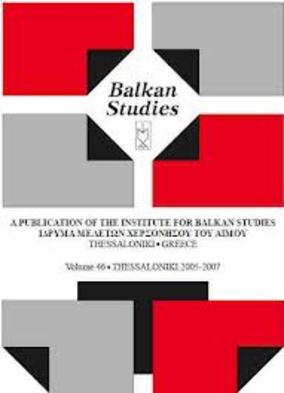Determinanten der Westpolitik der Kommunistisch regierten staaten Sudosteuropas
Part of : Balkan studies : biannual publication of the Institute for Balkan Studies ; Vol.27, No.1, 1986, pages 139-156
Issue:
Pages:
139-156
Parallel Title:
Determinants of Western policy of the South-East European Communist countries
Section Title:
Articles
Author:
Abstract:
The position of the communist countries of South-Eastern Europe in theEast-West conflict differs in several respects from the position of the SovietUnion. In this paper six factors influencing the behaviour of these countriesspecifically are analysed in some detail: 1. political dependence upon theSoviet Union; 2. dual economic dependence upon the Soviet Union and theWest; 3. absence of expansionist-imperialistic ambitions; 4. latent revisionismand nationality problems; 5. demand for a certain degree of autonomy;6. problems of legitimacy and political stability. These factors do not determinethe countries’ behaviour in the sense of causal relations, because their ultimate effects depend upon their perception by the political leadership concerned.Apart from transitional policy changes, the following behaviour patternsseem to be more or less constant: 1. Albania clings to isolationism; 2. Yugoslaviais strongly inclined to cooperation with the West, though the economiccrisis and the weakness of the central political leadership, increasing in the1980s, have become sources of uncertainty; 3. the three Warsaw Pact countries(Bulgaria, Hungary, and Rumania) adjust their behaviour to current Sovietpolicies in differing degrees but, on the whole, they are interested in establishingfirm relations of cooperation with the West.
Subject:
Subject (LC):




